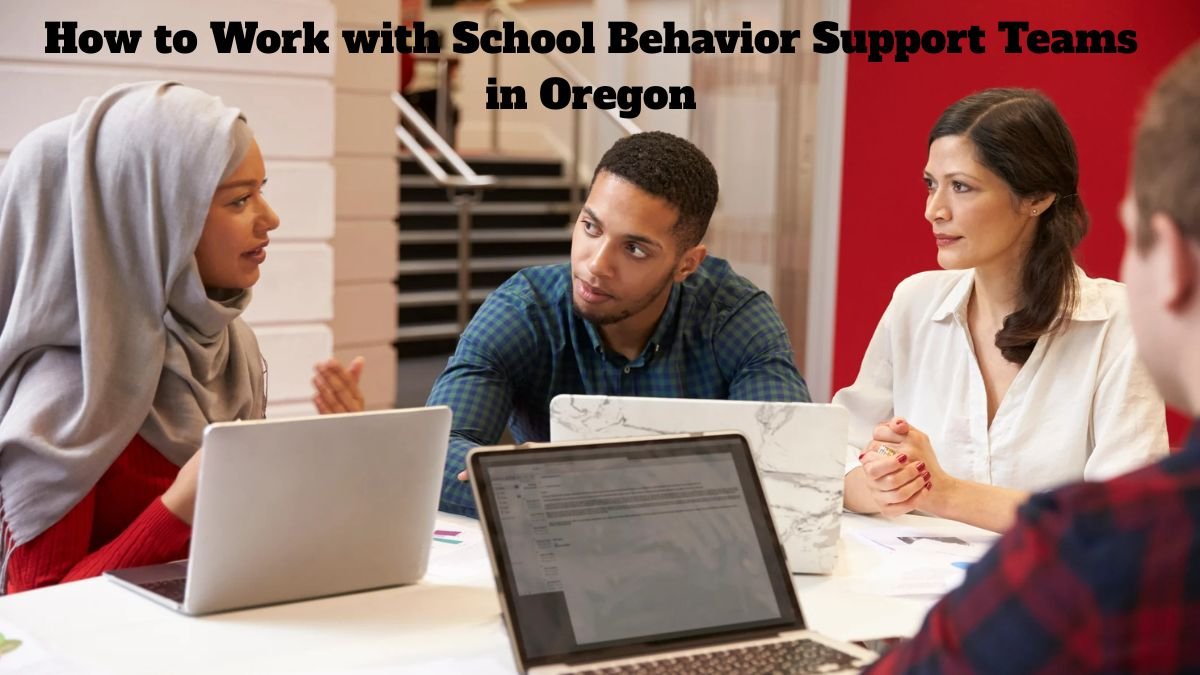Managing student behavior in schools is a significant and sensitive task. Every child comes from a unique background, mindset, and emotional state, and these variations often lead to behavioral challenges in the classroom. To address this issue, Behavior Support Teams have been established in schools in the US state of Oregon. Their purpose is not only to maintain discipline but also to ensure students’ overall development and mental health.
In this article, we will explore how to effectively work with school behavior support teams in Oregon, the process of collaboration, and the role of teachers and parents.
The Purpose and Role of the Behavior Support Team
Behavior Support Teams in Oregon schools are established with the idea that behavioral problems should be resolved through understanding and collaboration, not punishment. These teams typically include school counselors, special education teachers, psychologists, and sometimes even social workers.
Their primary role is to maintain discipline in the classroom, understand students’ emotional needs, assist teachers in devising appropriate ways to address behavioral challenges, and foster a positive overall school environment.
The Importance of Collaboration Among School Staff and Teams
Cohesion between teachers and behavior support teams is the backbone of this entire system. When teachers notice unusual behavior in a child—such as sudden outbursts of anger, lack of attention, or conflict with classmates—they should contact the team.
The team evaluates the situation and then jointly develops a strategy for how to support the child. In this process, the teacher’s experience and the team’s psychological perspective work together to provide the child with the right path to improving their behavior.
How to Contact the Behavior Support Team
Almost every school in Oregon has a designated contact process for the behavior support team. Teachers or parents first notify the school administration, then a formal Behavior Referral Form is completed.
This includes the student’s name, a description of the problem, a summary of previous interventions, and the teacher’s comments. The team then discusses the case and determines whether the student needs counseling, an individualized behavior plan, or other support.
The Principle of Positive Behavior Support (PBS)
Behavior support teams in Oregon schools employ the strategy of Positive Behavior Support (PBS). This does not mean punishing children for misbehavior, but rather encouraging positive behavior.
For example, when a child follows rules or helps others, they are praised, which motivates them to improve themselves. This approach develops self-esteem and a sense of responsibility in students.
Parental Role and Cooperation
Not only teachers but also parents play an important role with the behavior support team. When a child exhibits recurring behavioral difficulties, the team holds meetings with parents.
This meeting discusses the home environment, daily routine, and the child’s emotional state. This helps determine whether the child’s behavior is a problem solely at school or is also a result of stressors at home. A collaborative effort between parents and the school team is most effective for the child’s progress.
Creating a Behavior Plan
When a student needs individualized support, the Behavior Support Team creates an Individual Behavior Plan (IBP).
This plan includes factors such as the child’s behavior, potential triggers, teacher strategies, and reward systems. For example, if a child reacts angrily, the plan outlines how teachers should respond to calm the situation.
This plan is regularly monitored and changes are made based on the child’s improvement.
Training and Support for Teachers
Behavior Support Teams in Oregon support not only students but also teachers. Periodically, training sessions (workshops) are held for teachers, teaching them modern methods of behavior management.
These sessions discuss how teachers can create a positive atmosphere in their classrooms, how they can resolve anger or discipline-related situations without confrontation, and how they can support emotionally difficult students.
In this way, the team not only provides teachers with solutions but also empowers them.
Impact on School Culture and Environment
When a behavior support team is actively working in a school, its impact is visible on the overall school environment. Students develop a sense of empathy, discipline, and cooperation.
Teachers experience reduced stress because they know they are not alone in any challenging situation. The atmosphere of safety and mutual respect in the school increases, which also improves academic performance.
Many Oregon schools have observed a significant reduction in the number of disciplinary incidents after implementing a behavior support system.
Conclusion
Oregon’s school behavior support teams operate on the principle that no child is a “problem,” but rather needs proper guidance and support.
When teachers, parents, and the behavior team work together to understand a child’s situation, their self-confidence gradually increases and their behavior becomes more positive.
